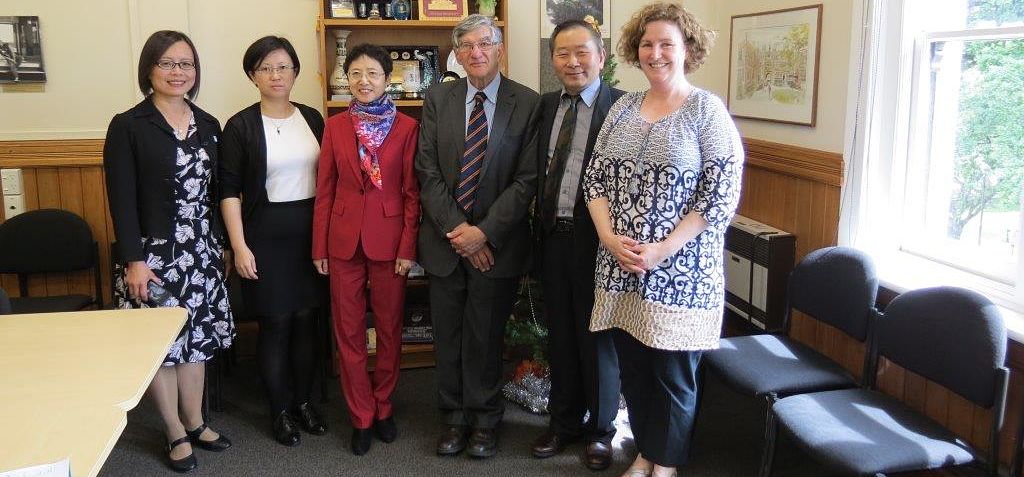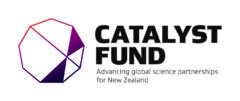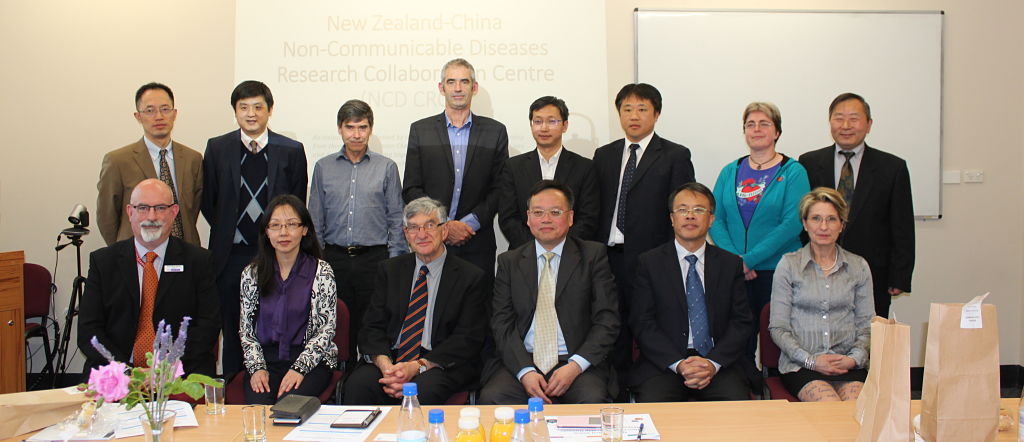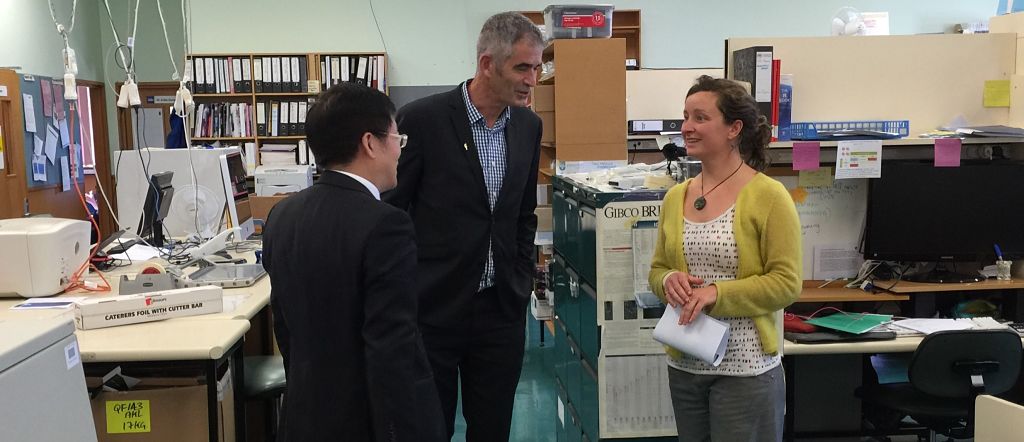The health and wellbeing National Science Challenges* will collaborate in a new Centre to enhance linkages between New Zealand and China for research into non-communicable diseases (NCDs).
Three Science Challenges will participate – Healthier Lives, Ageing Well and A Better Start – bringing together expertise in NCDs spanning the whole life course, from childhood, through adulthood and into later age. This collaboration, which currently encompasses more than 219 researchers in 26 institutions, will operate as an inclusive platform for all NCD researchers who are interested in collaboration.
Collaboration welcomed
Healthier Lives Governance Group Chair Dr Jenny McMahon welcomed the announcement as evidence of the way in which National Science Challenges are collaborating for the benefit of New Zealand. “China, with the world’s largest population, is confronting a rising burden of non-communicable diseases. The new Centre will provide opportunities for researchers across New Zealand and China to learn from each other about how to combat this growing global health crisis.”
Healthier Lives Director Professor Jim Mann from the University of Otago will head the new centre supported by two Co-Directors, Professor Wayne Cutfield from the University of Auckland (Director of A Better Start) and Professor David Baxter from the University of Otago (Director of Ageing Well).
“As the Centre is established, we expect to be joined by other New Zealand groups who are working in this area to enhance our collaborations with colleagues in China,” says Prof Mann.
The grant of $1.25M has been made through the Ministry of Business, Innovation and Employment’s Catalyst Fund, which supports activities that initiate, develop and foster collaborations leveraging international science and innovation for New Zealand’s benefit.
Research opportunities prioritised
The Centre’s activities will focus on priority areas relevant to researchers from both countries, including: cancer, diabetes, obesity, cardiovascular and cerebrovascular disease, neuropsychiatric disorders and age-related conditions. There is also interest in modernisation of traditional medicine, big data approaches, and gene-environment interactions.
Professor Parry Guilford, who will lead the centre’s cancer theme, says the contributing New Zealand researchers had identified that access to China’s large populations and big data was crucial to efforts to progress research into NCD risk, prevention and treatment in this country.
“In return, our collaborators in China will be able to access our public health and ethics expertise, and cutting-edge New Zealand science regarding causes, prevention and treatment of NCDs. This will allow them to develop cost-effective approaches for the rapidly increasing medical burden in China,” Professor Guilford says.
“The Centre will provide a one-stop conduit for information and facilitation for both sides. Our pathway to building substantive collaborations, in a very large and diverse country, will be building from our existing relationships, introducing new researchers into these, while supporting researchers with aspirations to work with China related to the strategic advantages of Chinese-NZ research collaboration.”
July 2016
*National Science Challenges (NSCs) are a new way of funding science in New Zealand. Read more about the NSCs here.





